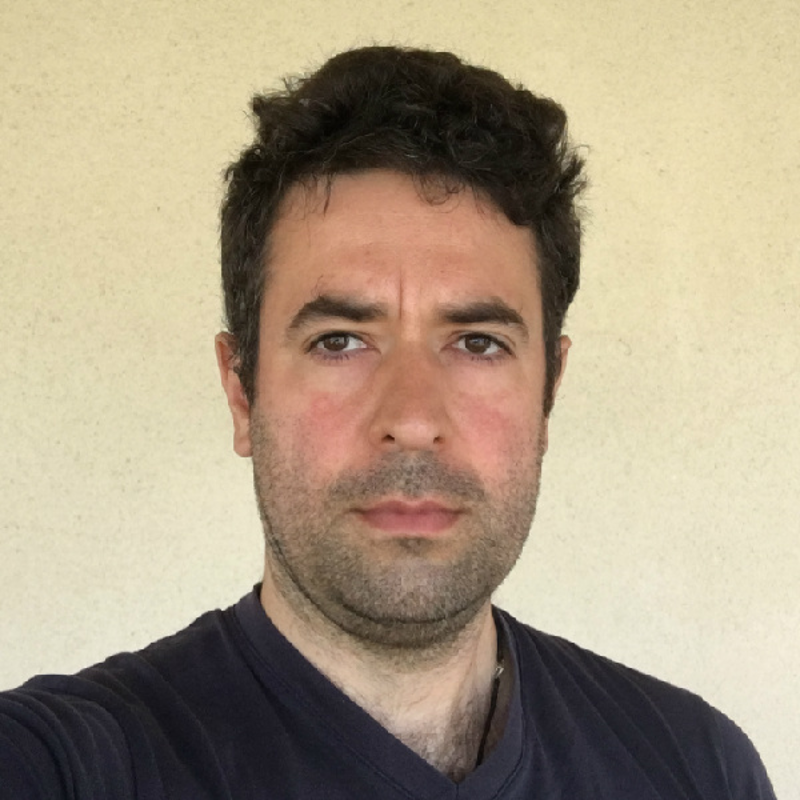Vous êtes ici :
Benoit Pausader

Presentation
Benoit Pausader is professor of mathematics at Brown University (RI, USA). After studying at the Ecole Normale Superieure de Lyon, he graduated with a PhD from the University of Cergy-Pontoise in 2008 and after a postdoctoral period at Brown and Courant, he was charge de recherche at CNRS and then Assistant Professor at Princeton University (NJ, USA). His research focuses on dispersive equations and their applications in physics. His main focus has shifted from fourth order equations (during his PhD), to the influence of geometry on the behavior of solutions to problems from plasma physics and water waves, and he now concentrates on kinetic equations.
Research project
Dispersive equations model the transport of light in an optical cable or the modulations of waves in the ocean. They are ubiquitous and universal, yet hard to precisely pin down since they describe ``enveloppe’’ or moving waves (e.g. although a wave in the ocean can travel kilometers, very little water is actually displaced). An intriguing question for these equations is whether they naturally lead to the creation of small scale variations (what is sometimes called ``weak turbulence’’). Benoit Pausader tries to understand this, especially in the model case of a cylinder.
Kinetic equations model the collective behavior of many identical particles which interact through their interactions. They naturally occur in plasma physics (think of a gas of electrons and ions) or in astrophysics (e.g. the distribution of stars in a galaxy) and have been widely studied, yet some basic questions remain open about their long-time behavior. Benoit Pausader looks for cases when this asymptotic behavior can be described in terms of a simpler ``scattering dynamics’’. It turns out that there are many different scenarios and developing a general theory is still out of reach.
Dispersive and kinetic equations share a lot of similarities and, by combining the tools and methods Benoit hopes to gain a better understanding of both.


